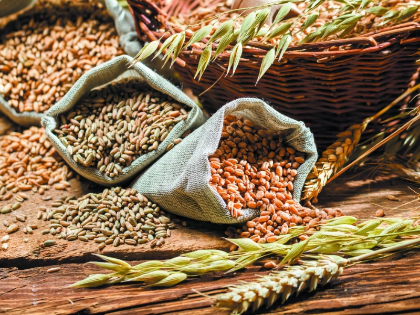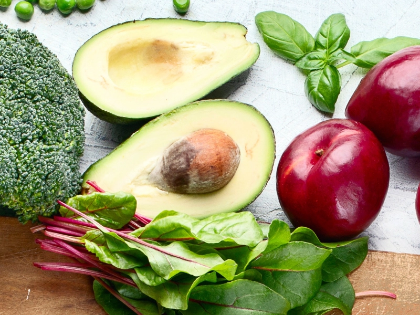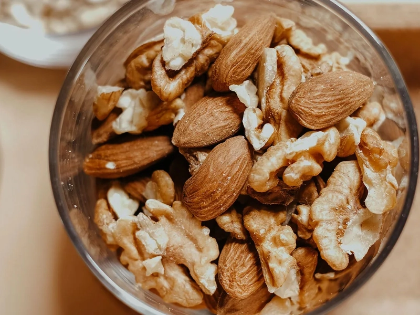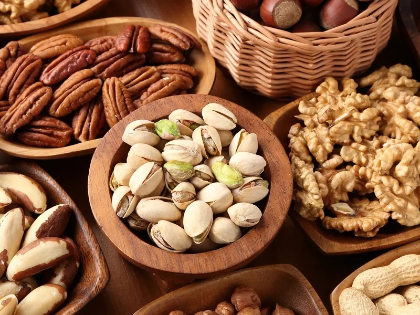The Importance of Vitamin C in a Balanced, Nutrient-Rich Diet
1.The Importance of Vitamin C An essential vitamin, vitamin C—also known as ascorbic acid—plays many functions in preserving health. The body cannot create this water-soluble vitamin on its own so it is vital to get from diet. This strong antioxidant improves immune system function, helps absorb iron from plant-based meals, and shields cells from free radical damage. Anyone trying to keep a balanced, nutrient-dense diet has to understand the value of vitamin C.
2.Supporting the immune system Support of the immune system is one of the most well-known advantages of vitamin C. Enough of this vitamin can help white blood cells—which are crucial for combating infections—to be produced and functioning. Furthermore supporting the body's defenses is vitamin C's assistance in antibody synthesis. Frequent inclusion of foods high in vitamin C into your diet will help shorten the length and intensity of colds and other infections.

 5.Improving Iron Acceptance Getting enough iron might prove difficult for those on a plant-based diet. The kind of iron present in plant foods, non-heme iron, is greatly absorbed with help from vitamin C. Eating vitamin C coupled with foods high in iron, such lentils or spinach, will greatly increase iron absorption, thereby lowering the anemia risk and supporting general energy levels.
6.Vitamin C sources Meeting your dietary requirements calls for including a range of foods high in vitamin C. Well-known sources are citrus fruits such oranges and grapefruits, although other fruits and vegetables also contain significant quantities. Among great choices are bell peppers, strawberries, kiwi, broccoli, and Brussels sprouts. Try to have a rainbow of these foods in your meals to guarantee you get enough vitamin C.
5.Improving Iron Acceptance Getting enough iron might prove difficult for those on a plant-based diet. The kind of iron present in plant foods, non-heme iron, is greatly absorbed with help from vitamin C. Eating vitamin C coupled with foods high in iron, such lentils or spinach, will greatly increase iron absorption, thereby lowering the anemia risk and supporting general energy levels.
6.Vitamin C sources Meeting your dietary requirements calls for including a range of foods high in vitamin C. Well-known sources are citrus fruits such oranges and grapefruits, although other fruits and vegetables also contain significant quantities. Among great choices are bell peppers, strawberries, kiwi, broccoli, and Brussels sprouts. Try to have a rainbow of these foods in your meals to guarantee you get enough vitamin C.
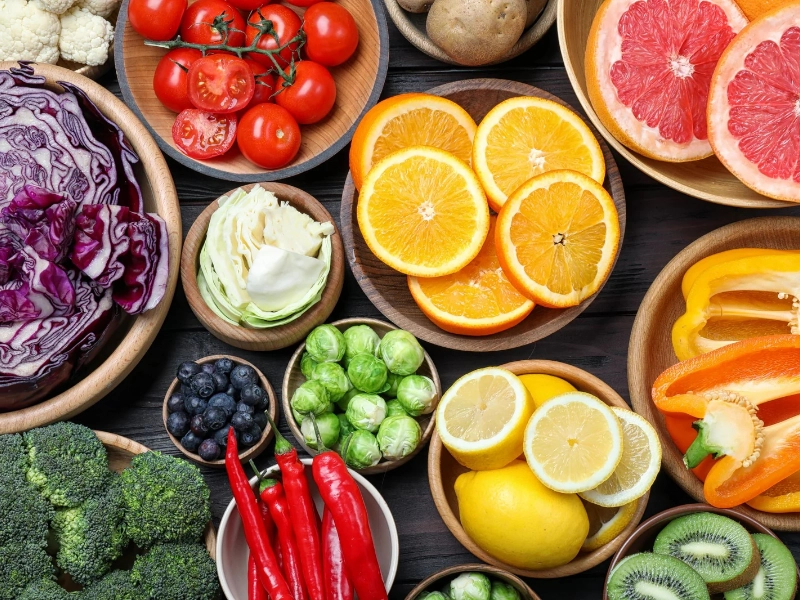 7.Daily Needs: Age, sex, and life stage all affect the advised dietary allowance (RDA) for vitamin C. Adults' RDA is roughly 90 mg for men and 75 mg for women. Given more oxidative stress, smokers and those under great stress could need more. To fit these criteria, keep an eye on your intake and modify your diet.
8.Vitamin C and Preventive Action Against Chronic Illness Studies have indicated that a sufficient consumption of vitamin C is linked to a lower risk of several malignancies and chronic disorders including cardiovascular disease. Vitamin C's protective qualities stem from its antioxidant qualities as well as from its part in immune system functioning and collagen synthesis. Keeping a diet high in vitamin C will help you sustain long-term health and lower your chance of chronic illness development.
7.Daily Needs: Age, sex, and life stage all affect the advised dietary allowance (RDA) for vitamin C. Adults' RDA is roughly 90 mg for men and 75 mg for women. Given more oxidative stress, smokers and those under great stress could need more. To fit these criteria, keep an eye on your intake and modify your diet.
8.Vitamin C and Preventive Action Against Chronic Illness Studies have indicated that a sufficient consumption of vitamin C is linked to a lower risk of several malignancies and chronic disorders including cardiovascular disease. Vitamin C's protective qualities stem from its antioxidant qualities as well as from its part in immune system functioning and collagen synthesis. Keeping a diet high in vitamin C will help you sustain long-term health and lower your chance of chronic illness development.
 9.Juggling Other Nutrients with Vitamin C Although vitamin C is absolutely vital, keep in mind that a balanced diet calls for a range of nutrients. Combining meals high in vitamin C with other vital components including vitamin E, zinc, and omega-3 fatty acids improves general health. Whole grains, lean proteins, good fats, and lots of fruits and vegetables will together offer a complete spectrum of nutrients needed for best health.
10.Vitamin C's Significance in Summary Essential for a balanced, nutrient-dense diet, vitamin C has many health advantages supporting immune system, skin condition, and general well-being. Understanding its value and making sure one consumes enough of a range of fruits and vegetables would help people improve their health and lower their risk of chronic diseases. One easy but powerful approach to encourage a better lifestyle and raise general quality of living is stressing vitamin C in your diet.
9.Juggling Other Nutrients with Vitamin C Although vitamin C is absolutely vital, keep in mind that a balanced diet calls for a range of nutrients. Combining meals high in vitamin C with other vital components including vitamin E, zinc, and omega-3 fatty acids improves general health. Whole grains, lean proteins, good fats, and lots of fruits and vegetables will together offer a complete spectrum of nutrients needed for best health.
10.Vitamin C's Significance in Summary Essential for a balanced, nutrient-dense diet, vitamin C has many health advantages supporting immune system, skin condition, and general well-being. Understanding its value and making sure one consumes enough of a range of fruits and vegetables would help people improve their health and lower their risk of chronic diseases. One easy but powerful approach to encourage a better lifestyle and raise general quality of living is stressing vitamin C in your diet.


